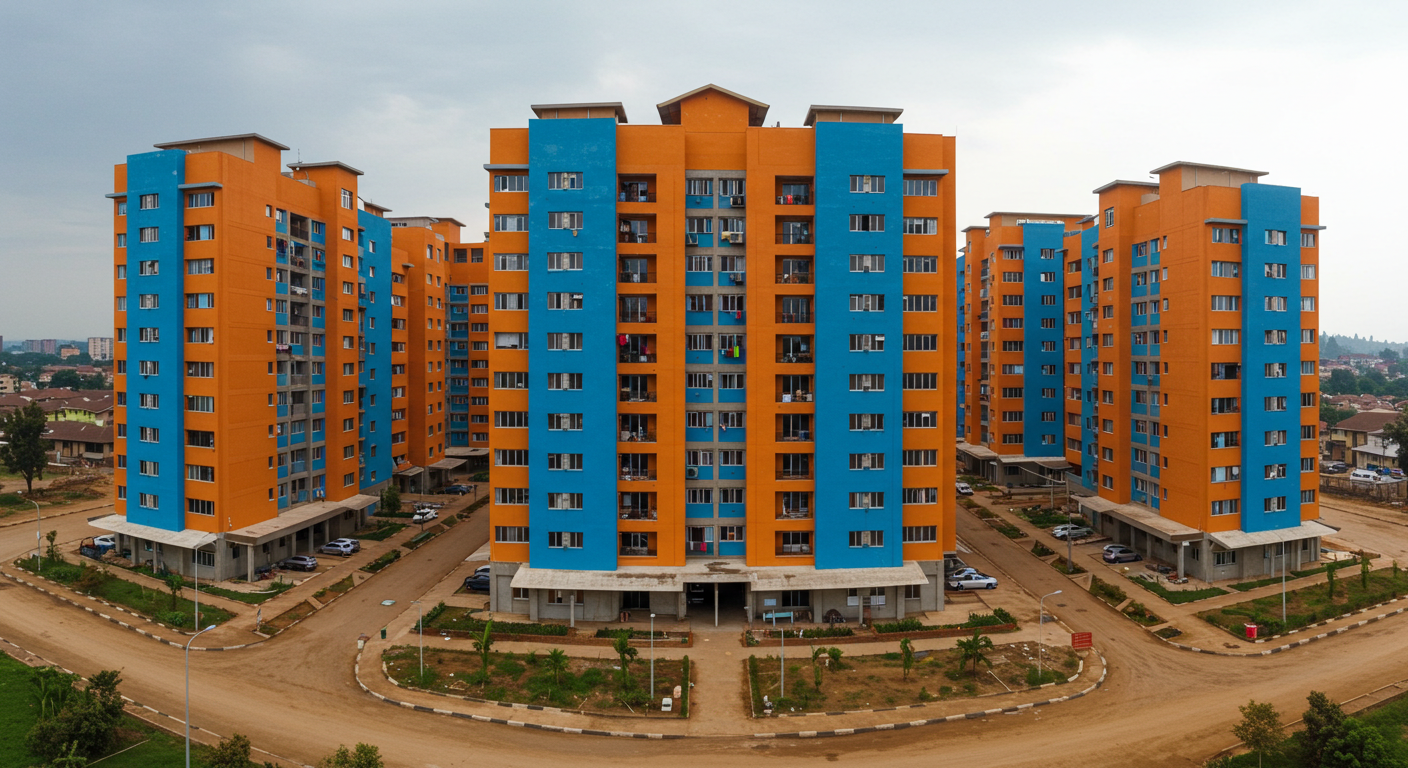CS Wahome: Housing Levy Funds Construction, But Home Ownership Not Assured
- CS Wahome clarified that contributions to the housing levy do not guarantee home ownership.
- The housing levy, introduced as part of the government’s Affordable Housing Programme, requires a percentage deduction from salaried workers to fund the construction of low-cost housing units across the country.
- Economic analysts suggest that while the levy may help bridge Kenya’s housing deficit, the government must outline a structured financing model to ensure affordability for ordinary citizens
The government’s Affordable Housing Programme has come under fresh scrutiny following remarks by Cabinet Secretary for Lands, Public Works, Housing, and Urban Development, Alice Wahome. Speaking during an interview on NTV’s Fixing the Nation, CS Wahome clarified that contributions to the housing levy do not guarantee home ownership, a statement that has sparked debate among Kenyans.
“The housing levy is meant to help us build the houses; after that, it is your responsibility to pay for the house,” Wahome stated during the live discussion, addressing the expectations of many citizens who had assumed their contributions would directly secure them a home.
The housing levy, introduced as part of the government’s Affordable Housing Programme, requires a percentage deduction from salaried workers to fund the construction of low-cost housing units across the country. When the initiative was first rolled out, it was widely perceived as a pathway to home ownership for low- and middle-income earners. However, Wahome’s clarification suggests that the levy merely facilitates the construction of housing projects, while prospective homeowners must still purchase the units through separate financing options.
Her statement has drawn mixed reactions, with many Kenyans expressing concern over the transparency and accessibility of the housing scheme. Critics argue that the government needs to provide clearer guidelines on how contributors will benefit beyond aiding in the construction process.
Economic analysts suggest that while the levy may help bridge Kenya’s housing deficit, the government must outline a structured financing model to ensure affordability for ordinary citizens. “If Kenyans are funding the construction of these homes, there must be a clear, fair, and accessible mechanism for them to own the houses,” said financial expert David Mwangi.
The controversy adds to the growing public discourse on the housing levy, with some legal experts questioning whether mandatory deductions without guaranteed benefits amount to an unjust financial burden on workers. Opposition leaders have also weighed in, calling for further scrutiny of the program’s implementation.
As the government moves forward with its ambitious housing agenda, Kenyans will be keenly watching for policy clarifications and assurances that their contributions lead to tangible benefits. Whether the housing levy will truly provide a path to home ownership or remain a government-driven development initiative remains a pressing question for many.
READ ALSO: Pricing of The Affordable Housing Houses By The Government of Kenya








